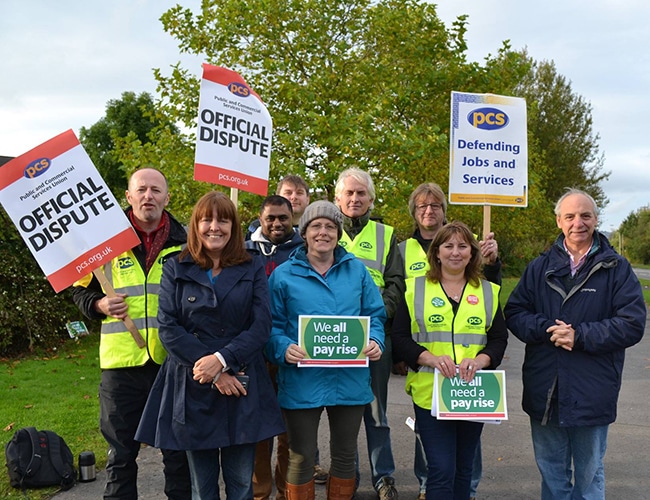- 17/05/2018
- Posted by: Mike Hedges MS
- Category: Assembly Speeches

Statement by the Minister for Housing and Regeneration: Low Cost Home Ownership
House prices are driven by scarcity. It’s in the large house builders’ interests to reduce supply below the demand, as that will increase prices. The converse would also be true, and if you visit Spain you’ll see a lot of semi-built houses because supply started to exceed demand. It’s also in the interests of landowners to reduce the supply of land for houses so as to increase the value of their land. If they sold all their land in one go, then the value of that land would drop dramatically.375
Help to Buy, of course, added money to the demand side. I think what I’ve found strange—and perhaps others have as well—is that I’ve met a number of young professionals over the last few months in their early 30s who are still living in privately rented accommodation. These are people who’ve done all the things that we as society have told them to do. They’ve gone out and they’ve studied hard, they’ve got good degrees, they’ve then followed that by getting good jobs, and they’re still unable to buy a house. Now, people of my generation—and I was talking to Peter Black about this a couple of months ago—in our 20s, we went to a building society, got some money and bought a house. It was quite simple. There wasn’t much fuss about it, actually. But young people now today—I use the word ‘young’ to describe people in their 30s, which perhaps tells you something about my age, if nothing else—. There is that problem. Most of the low-cost housing is older housing, often pre-twentieth century housing. It’s certainly true in my constituency, and I believe it’s true in your constituency as well, that the older housing is the cheaper housing rather than the new, modern—I say ‘new’; the post-war semis and detached houses that have been built.376
What is the Welsh Government going to do to improve the quality of older housing? Bring empty homes back into use: I mean, we’ve all, in our campaigning days, wandered around knocking on doors and wondered why No. 23 was empty—and you could see it was empty, rather than somebody hadn’t registered—and then, going down another street, wondering why there were three empty houses in a block of nice terraced housing.377
Supporting co-operative housing: I know I bang on about this, probably more than anybody else in this room would like to hear, but I think co-operative housing, it’s something that is so popular in North America and in Europe—Vancouver’s got more than Britain—that we really do need to look at it. It’s a third method of providing houses, and it’s something that has been ignored by Governments—well, I was going to say from a certain time, but it’s been ignored by Governments for ever in this country. It’s on the too-hard list. We need to build more council houses and, I think, get councils to sell land and use that to build council houses so they’re building it out of their own resources. 378
And the last thing is: what about—? The LDP identifies large chunks of land, and, I think, in Swansea, it’s 10 houses or more. There are lots of infill sites in existence in Swansea. I can’t talk about other parts of Wales, but, in Swansea, there are lots of infill sites. How about encouraging councils to allow self-build on those infill sites? This could actually deal with it. We always talk about the LDP, but, you go down a street, and there’s quite often a gap where you could build two houses, but nobody has—and, over the garage often, where the garages used to be—that could be available for self-build. Why don’t we do some more of this? We give money to housing associations, we support large builders, we set targets. How about doing some more innovative things that will actually get more houses built and get people moving into them?

